Achieving soft and smooth skin is a goal many of us strive for. As someone with a keen interest in skincare, I’ve learned that this objective isn’t out of reach; it’s all about understanding and caring for your skin properly. Through consistent routines and the right techniques, you can enhance your skin’s texture and overall health. My research and experience have led me to discover that hydration and protection are crucial steps in promoting a smooth complexion.
I’ve found that incorporating certain lifestyle habits and skincare products can make a significant difference in achieving the desired skin texture. Using a humidifier at night, for instance, helps to combat the dry air that could otherwise lead to dehydration of the skin, making it look and feel less smooth. Moreover, daily application of SPF is essential in protecting the skin from harmful UV rays that can damage collagen and lead to textural irregularities. The combination of routine moisturization and sun protection works synergistically to maintain soft, supple skin.
Beyond moisturizing and protecting, it’s beneficial to adopt a balanced diet and drink plenty of water. Keeping my skin hydrated from the inside is just as important as what I apply topically. Notably, studies suggest that proper hydration can increase dermal thickness, contributing to a smoother appearance. By prioritizing nutrition and hydration, along with conscientious skincare practices, I’ve noticed a visible transformation in my skin’s softness and smoothness.
Understanding Skin Health

In pursuit of soft and smooth skin, it’s pivotal to appreciate the underlying factors influencing skin health. From hydration to lifestyle and environmental impacts, each aspect plays a crucial role.
Role of Hydration and Moisturizing
I understand that hydration and moisturizing are foundational for maintaining skin’s elasticity and preventing wrinkles. Drinking sufficient water and using products with hyaluronic acid aid in retaining moisture, offering a plumped and smooth appearance.
Identifying Skin Types
By identifying whether I have oily, dry, sensitive, or acne-prone skin, I can select appropriate skincare products. For example, facial cleansers designed for oily skin often contain ingredients to mitigate excess sebum without over-drying.
Impact of Diet and Lifestyle
Diet rich in antioxidants, vitamins, and fatty acids supports collagen production and reduces inflammation. Coupled with quality sleep and exercise, this holistic approach combats aging and promotes a healthy skin texture.
Professional Skin Assessment
Regular consultations with a board-certified dermatologist or an esthetician can lead to personalized skin evaluations and targeted treatments for concerns like sun damage or hyperpigmentation.
Preventing and Treating Common Skin Concerns
Preventive measures include using sun protection to shield against UV exposure and choosing products that address specific issues such as acne, eczema, or keratosis pilaris.
Advantages of Regular Skincare Routine
Maintaining a daily skincare routine with products like a gentle facial moisturizer ensures ongoing care, minimizing the appearance of fine lines and maintaining smooth skin.
Role of Exercise and Sleep in Skin Health
Regular exercise increases blood flow, while adequate sleep allows for cell regeneration. Both are essential for sustaining skin’s vitality and staving off the signs of aging.
Skin and Environmental Factors
Daily exposure to pollution can lead to oxidative stress. Integrating skincare ingredients like vitamin C can help combat environmental aggressors.

Benefits of Staying Hydrated
Staying hydrated is not just about drinking water; it’s also about incorporating hydrating ingredients like glycerin into my routine to reinforce the skin’s barrier.
Impact of Medical Conditions on Skin
Some medical conditions can affect skin’s appearance. Understanding these impacts enables me to address the root cause rather than just the symptoms.
The Science Behind Skincare Ingredients
I pay close attention to ingredients like retinoids (vitamin A) and collagen, focusing on their scientifically-backed benefits in improving skin texture and health.
Understanding Different Skin Textures
Different textures, whether smooth or otherwise, are part of our unique skin makeup. Recognizing that what works for one person may not work for another helps me tailor my approach to skincare.
Skincare Techniques and Treatments
Achieving soft and smooth skin is a multifaceted process that involves a range of techniques tailored to individual needs. From proper cleansing to in-office treatments, each step plays a pivotal role in enhancing skin’s texture and health.
Effective Cleansing Practices
I start my skincare routine with a gentle cleanse to remove dirt and prevent clogged pores. Using lukewarm water, I ensure the skin barrier is not stripped of its natural oils, which are crucial for maintaining hydration.
Exfoliation and Cell Renewal
Regular exfoliation is key to removing dead skin cells and promoting cell renewal. I alternate between chemical exfoliants like AHAs and BHAs, including glycolic and salicylic acids, and physical exfoliants to keep my skin’s texture smooth.
Hydration and Moisturization Techniques
For me, hydration means choosing products with hyaluronic acid and glycerin. I apply a moisturizer right after bathing to lock in the moisture, and I never skip ceramides as they reinforce my skin’s natural barrier.

Tailoring Treatments to Skin Type
Understanding my skin type—be it oily, dry, sensitive, or acne-prone—allows me to tailor my skincare products and treatments to address specific concerns effectively without compromising the integrity of my skin.
Professional and In-Office Treatments
Regular visits to my dermatologist for professional treatments like chemical peels, dermaplaning, or laser therapy contribute significantly to the overall texture and health of my skin.
Protecting the Skin with Sunscreens
Applying broad-spectrum sunscreen with an SPF of 30 or higher is non-negotiable in my daily routine. It protects against premature aging and maintains the skin’s collagen production.
Enhancing Skin Texture with Targeted Care
To enhance my skin’s texture, I focus on products that address specific issues like bumps, large pores, or pigmentation. Retinol is a key ingredient in my evening routine for its ability to improve skin texture.
Integrating Natural and Home Remedies
I incorporate natural remedies into my regimen, such as honey masks, which are great for their moisturizing and antioxidant properties.
Tips for Special Skin Concerns
Addressing special skin concerns such as acne scars, rosacea, or pigmentation requires a targeted approach. I always seek professional advice before integrating any new treatments for these concerns.
Post-Exfoliation Care
After exfoliation, it’s crucial to soothe the skin with a hydrating toner or serum. This helps to calm any potential irritation and maintain skin’s hydration levels.
Managing Keratosis Pilaris and Roughness
For rough skin areas or keratosis pilaris, I find that using a body scrub with chemical exfoliants and moisturizing immediately after works wonders for smoothing out the skin.
Routine for Sensitive Skin
When dealing with sensitive skin, I opt for gentle products that don’t irritate. Fragrance-free, hypoallergenic formulations are my go-to, to ensure my skin remains calm and clear.
Approaches to Preventing Acne Breakouts
To prevent acne, I maintain a consistent skincare routine, avoid touching my face unnecessarily, and use non-comedogenic products to keep my pores clear and prevent breakouts.
Shop our most loved Facial Exfoliant
Paulas Choice–SKIN PERFECTING: https://amzn.to/49NtYhM (Amazon)
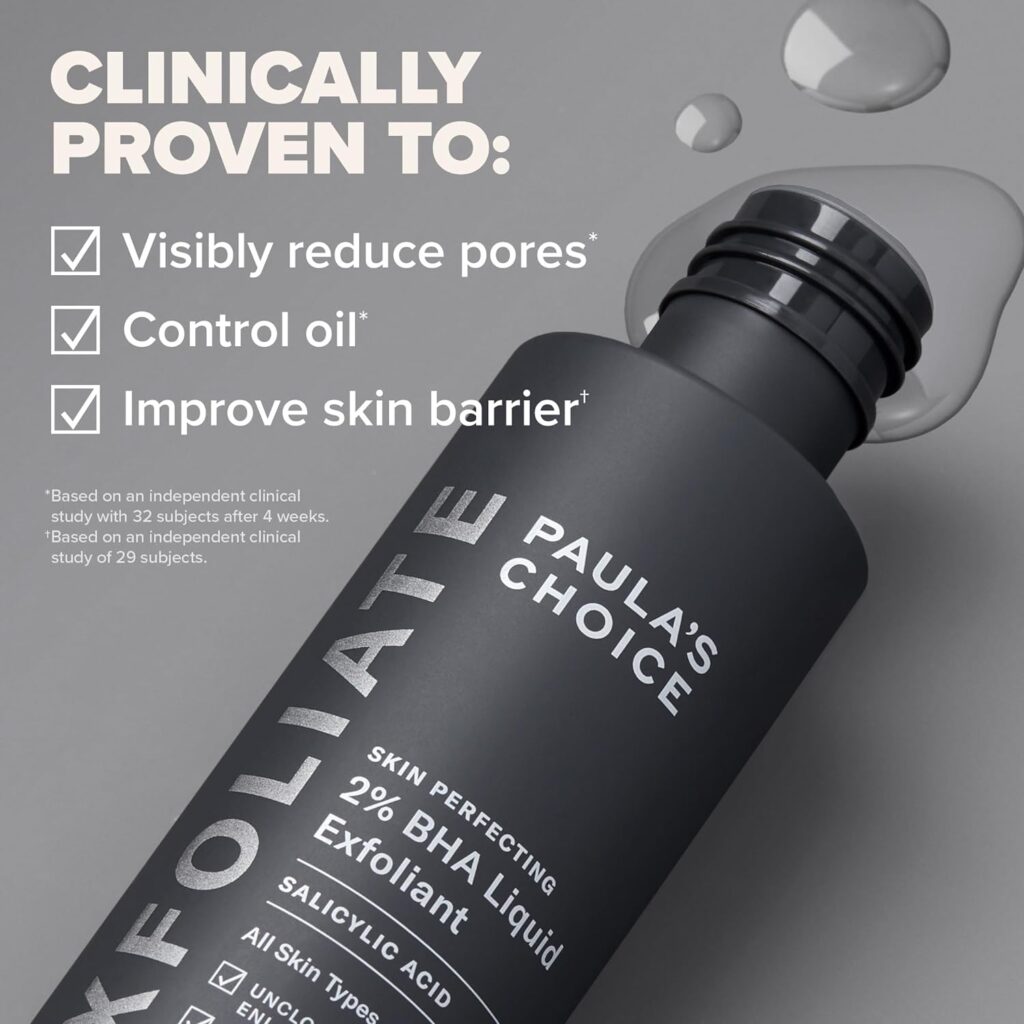
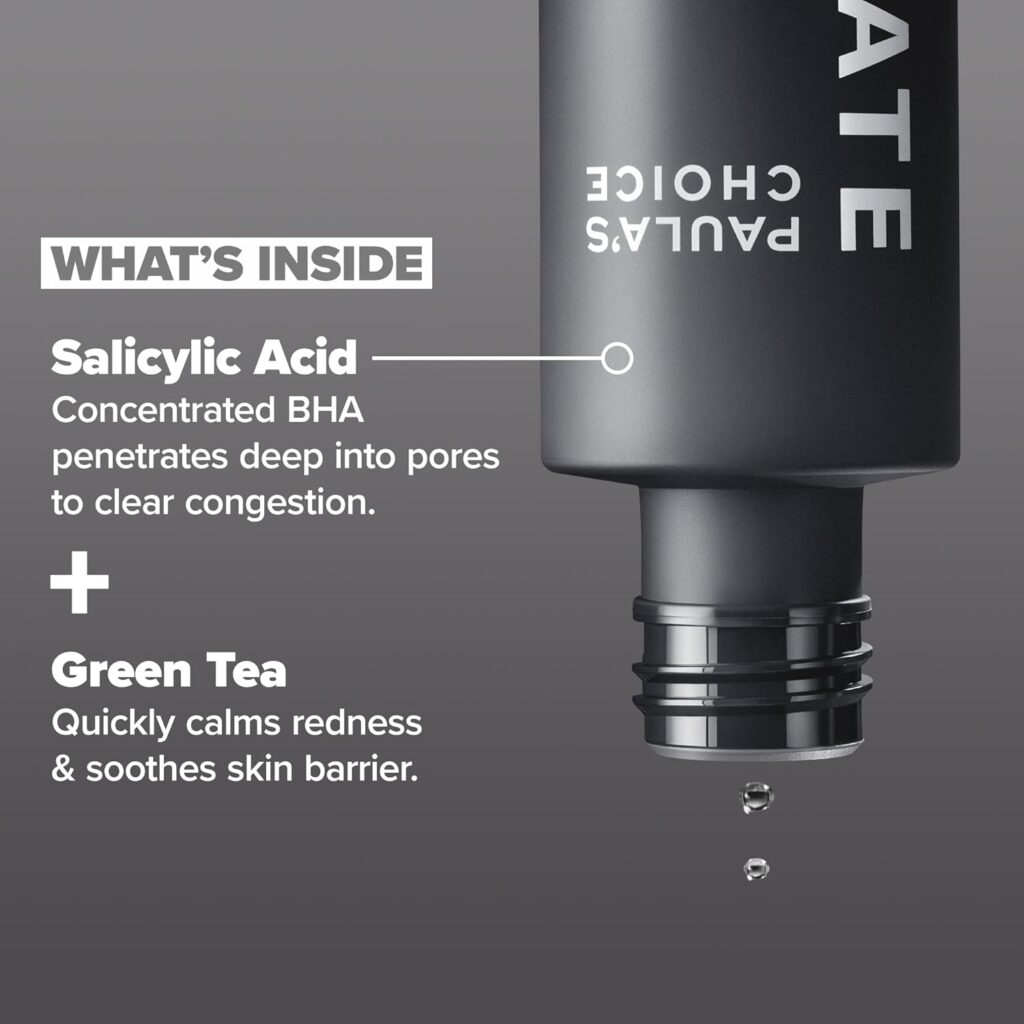
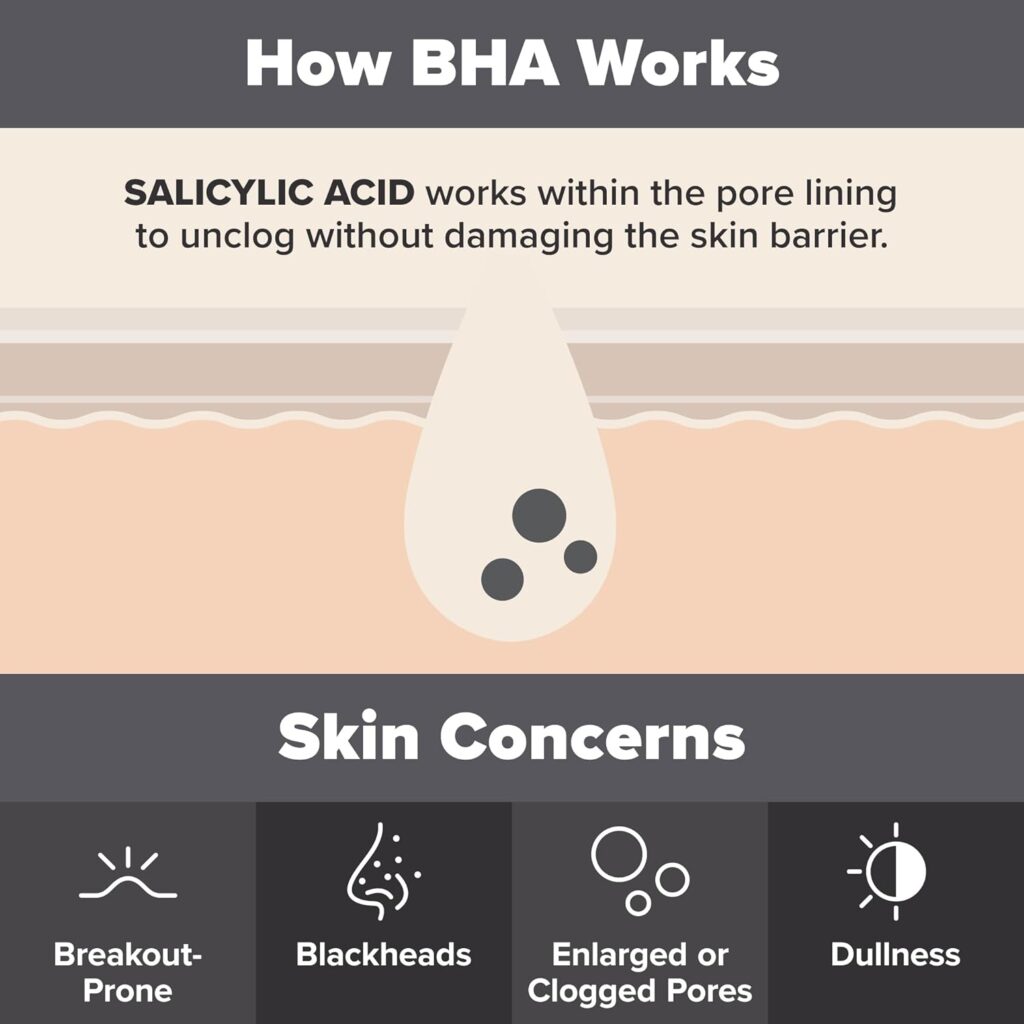
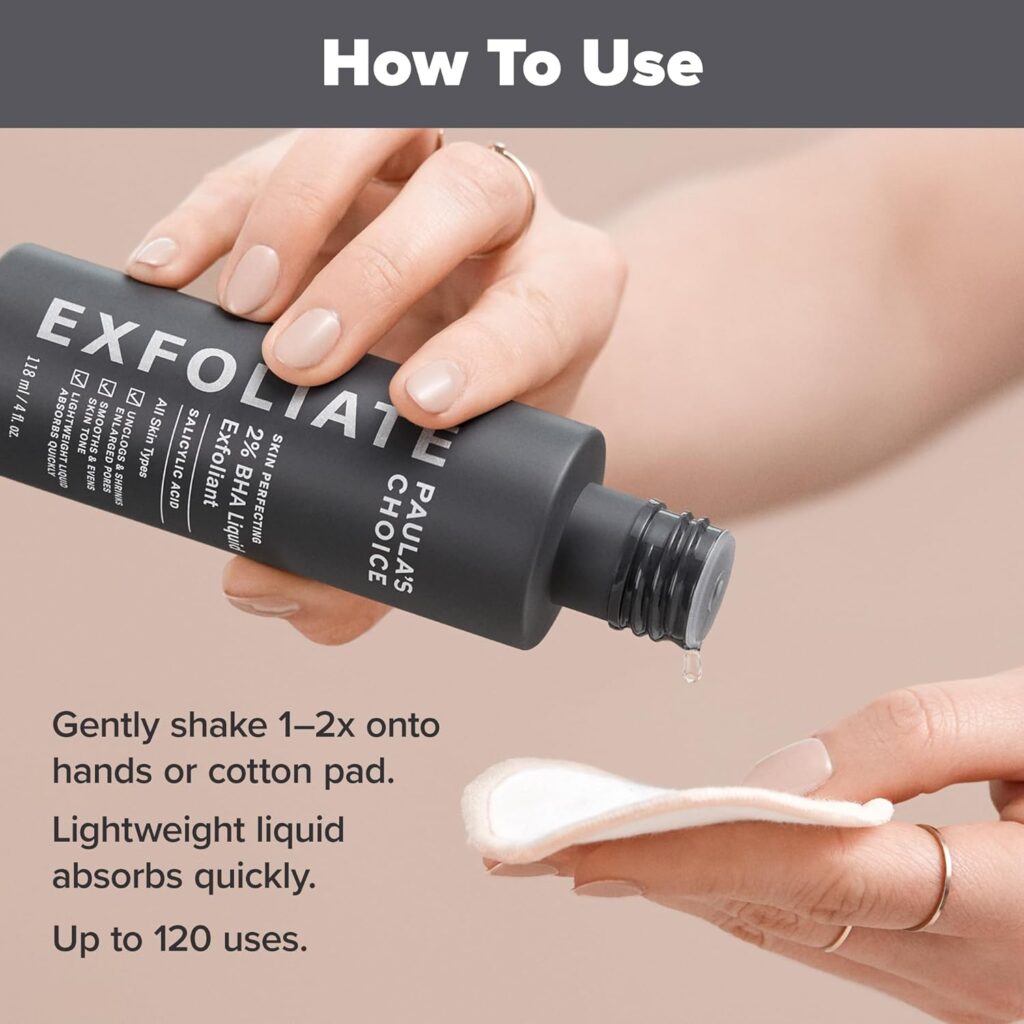
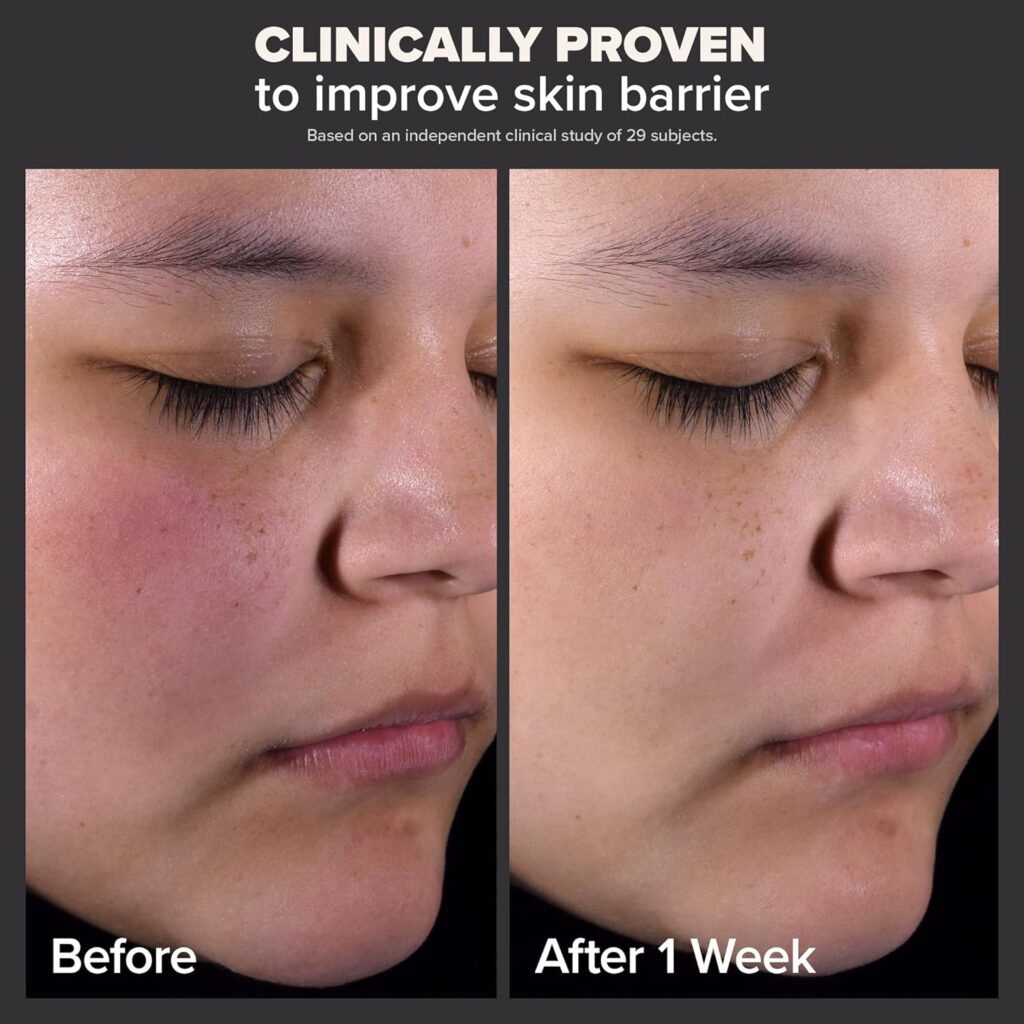
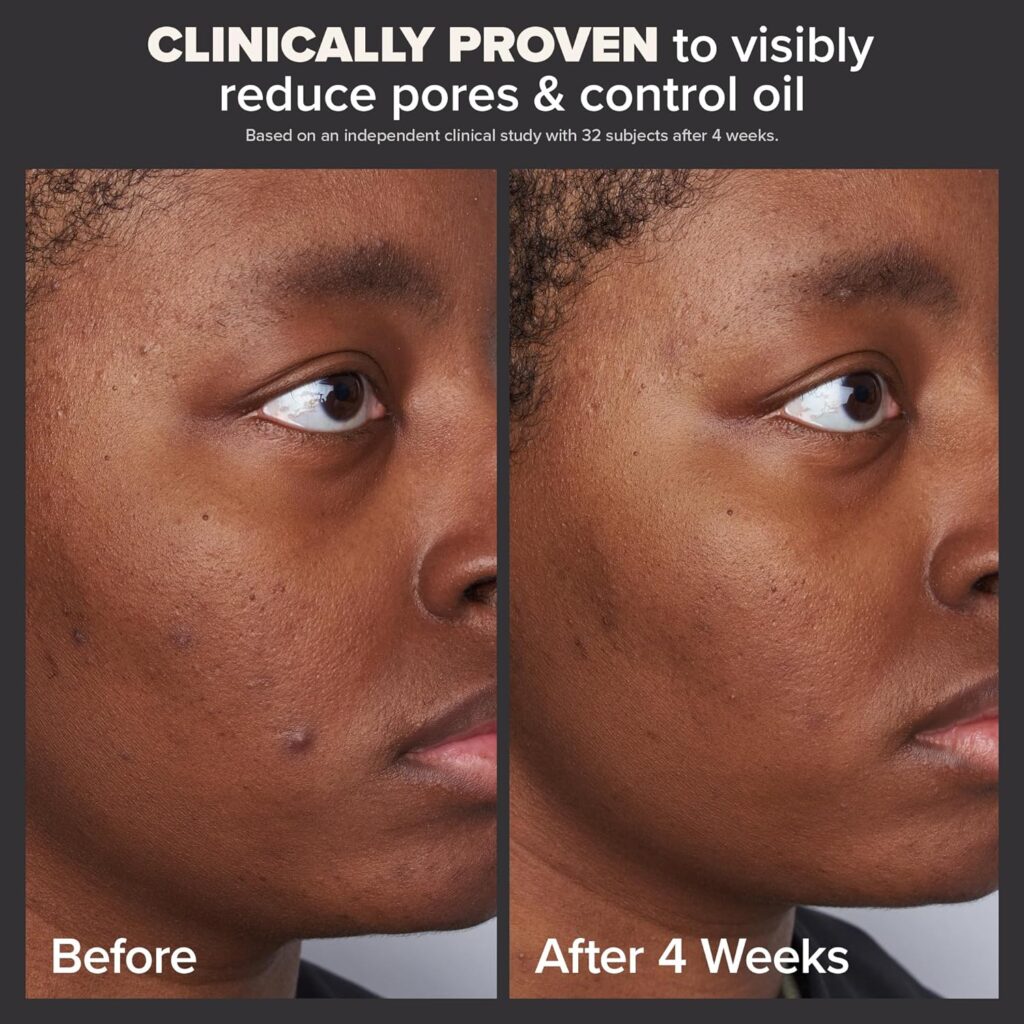
Frequently Asked Questions
In this section, I’ll address common queries about achieving and maintaining soft and smooth skin, touching on natural remedies, dietary recommendations, skincare routines, beneficial supplements, exfoliation practices, and moisturizing ingredients.
1. What are the best natural remedies for achieving smooth skin?
To help your skin stay smooth, I find that applying natural oils like coconut or jojoba oil can be incredibly effective due to their hydrating and repair properties. For an added antioxidant boost, honey masks also contribute to a smoother complexion.
2. Which foods should I eat to help maintain soft skin?
A diet rich in omega-3 fatty acids, found in fish like salmon, and antioxidants, which are abundant in berries, can help maintain my skin’s softness. Hydrating foods like cucumbers are also a staple in my diet for skin health.
3. What daily skincare routine is recommended for soft and smooth skin?
I recommend a daily skincare routine that includes gentle cleansing, followed by the application of a hydrating moisturizer, and using sunscreen with adequate SPF to protect against sun damage.
4. Are there any specific vitamins or supplements beneficial for skin smoothness?
Vitamins such as Vitamin C and E are essential for my skin, as they help to protect against oxidative damage, and taking supplements like hyaluronic acid helps me to maintain my skin’s natural moisture levels.
5. How often should I exfoliate my skin to keep it smooth without causing irritation?
I’ve found exfoliating 2-3 times a week is sufficient to remove dead skin cells and maintain smoothness without over-irritating my skin. It’s important to use a gentle exfoliator that suits my skin type.
6. What are the most effective moisturizing ingredients for achieving soft skin?
Ingredients like ceramides, hyaluronic acid, and glycerin are effective for achieving soft skin. They work well for me because they help to lock in moisture and reinforce my skin’s natural barrier, as mentioned in dermatologists’ advice.